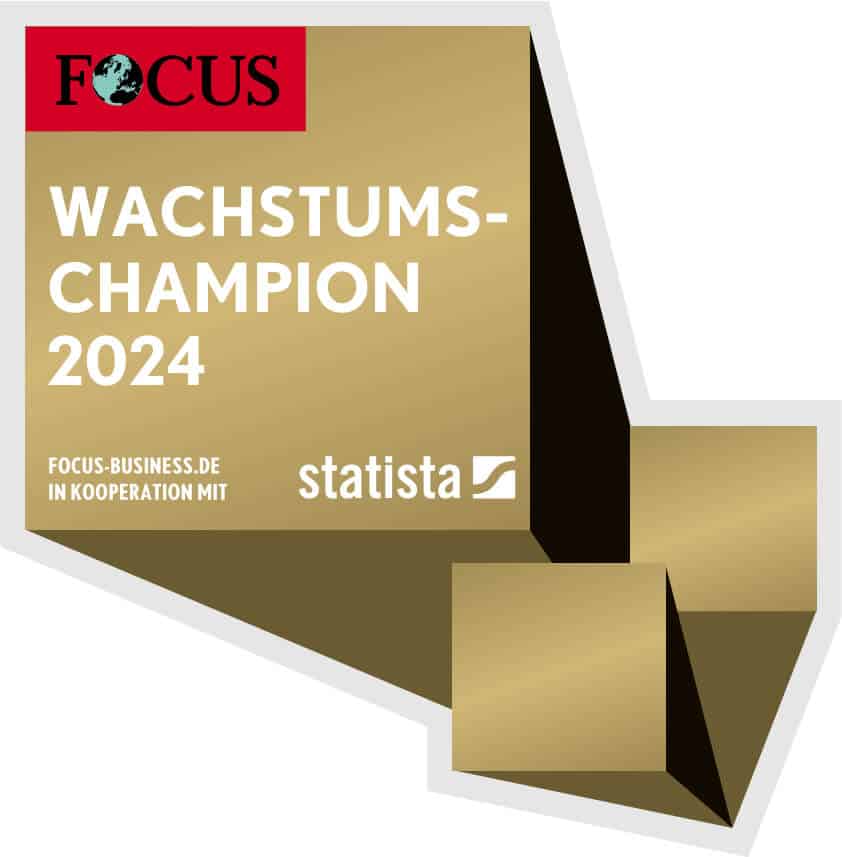Communication within the company is essential in transformation processes. This is the only way to reduce uncertainty and secure commitment. Not only the Top-down communication is important, but companies can also benefit sustainably from bottom-up communication. On the one hand, companies retain employees if their ideas and needs are taken into account. On the other hand, the know-how and expertise of a company's employees are invaluable in shaping the company.
Why is bottom-up communication so important in the transformation process?
- Co-determination strengthens employee loyalty and the employer brand.
- Employees who help shape a transformation process identify more strongly with the company and are therefore more motivated.
- Through bottom-up communication, employees contribute their valuable expertise to the transformation process and reduce the risk of wrong decisions.
Staying or leaving are not real alternatives
The sociologist and economist Albert Otto Hirschman coined the concept of voice and exit in the 1970s. It states that people have two alternatives in response to dissatisfaction with a system: Either you leave the system (exit) or you articulate your dissatisfaction and try to change the system (voice).
If companies do not give their employees the opportunity to change the organization and its structures, they opt for the exit option. Resignation is the result: poor relationships with superiors have been the most common reason for resignation for decades. Pioneering companies such as the Haufe Group therefore even put managers up for election.
In-demand talent always has the option of looking for another employer. As a company, however, you should not only give them the choice between staying and leaving, but also give them the opportunity to actively shape their company and thus their own future. And not only because you want to be perceived positively as an employer brand, but also because your company benefits from the expertise of your employees, especially in transformation processes. Give your employees the chance to use the voice option.
Employee knowledge harbors valuable potential
Employees know their company. They know the cultural codes, they know the weak points and optimization potential. This is exactly what transformation processes are all about: companies want to become better, more innovative, optimize their processes, increase profits and sales and thus secure their future in the long term. Bottom-up communication, i.e. communication from employees to managers, is crucial for identifying the key levers. The people in the relevant departments know best where the problems lie. They can usually tell you exactly how they think workflows and coordination processes could be improved, how networking between departments could be promoted and how creative potential can be better developed. Therefore, ask your employees about potential improvements in the system and always have an open ear for suggestions.
Using the collective intelligence of employees through bottom-up communication
Entrepreneurial decisions are always Decisions under uncertainty. Even in the basic statistics course, however, you learn about the "law of large numbers", which in this context also describes the "intelligence of the masses": The more people contribute their suggestions, comment on them and modify them collectively, the lower the risk of wrong decisions. Through internal Crowdsourcing This allows both better and faster business decisions to be made, giving transformation projects a solid knowledge base. When companies create an appropriate digital infrastructure that enables employees to make suggestions, comment on them and vote on them, this knowledge becomes accessible and usable. In addition, employees who have the opportunity to help shape the company also identify more strongly with the company and are therefore more satisfied and motivated.
Cultural prerequisites for functioning bottom-up communication
In addition to technical and infrastructural requirements, companies must also fulfill cultural requirements in order for bottom-up communication to function with added value. Above all Open and transparent error culture. Only if no one has to fear being laughed at for their seemingly outlandish suggestion will employees dare to express and contribute their ideas. It is often the suggestions that seem unfeasible at first glance that really bring about something new and lead a company into the future. Of course, this also involves the risk of failure - which must be freed from its stigma. Failure is an opportunity. And you can learn from your own failures as well as from those of others. Talking openly about mistakes is the prerequisite for not making them more than once.
For their suggestions and their work, employees must Getting freedomboth in terms of time and structure. Without control, they must be able to network and work together with others on their ideas. This can be a major challenge, especially for traditional companies that are still strongly based on hierarchy. This is because network-like communication structures elude the boss filter. The company management can no longer control who exchanges what information about the company. However, giving up control is worthwhile in this process - because then ideas emerge that can turn a successful company into a market leader.
Last but not least, socially competent managers must encourage their employees to develop suggestions and ideas. They must give them their Convey appreciation. This is also reflected in the fact that the proposals are taken up and developed further and do not disappear into a drawer. Because it must be clear: Everyone is working together on the future of the company and pulling in the same direction. This is the only way a transformation project can succeed.
(Cover image: © magele-picture | fotolia.com)


